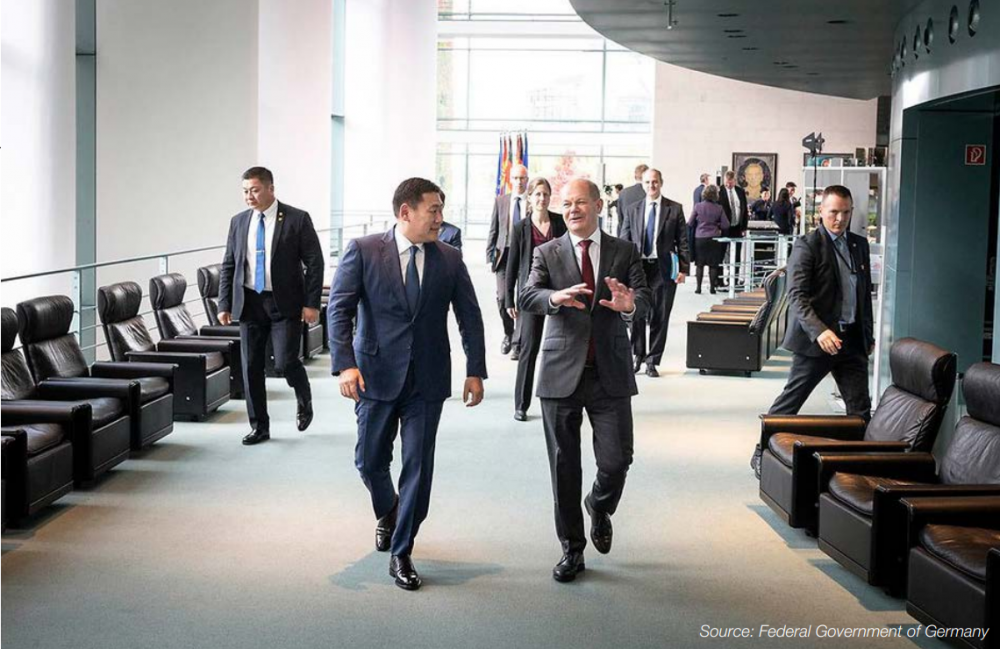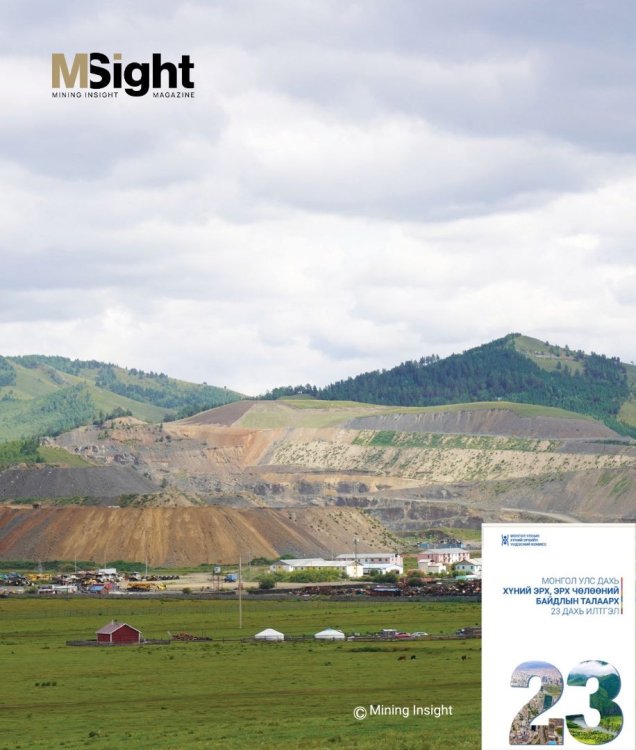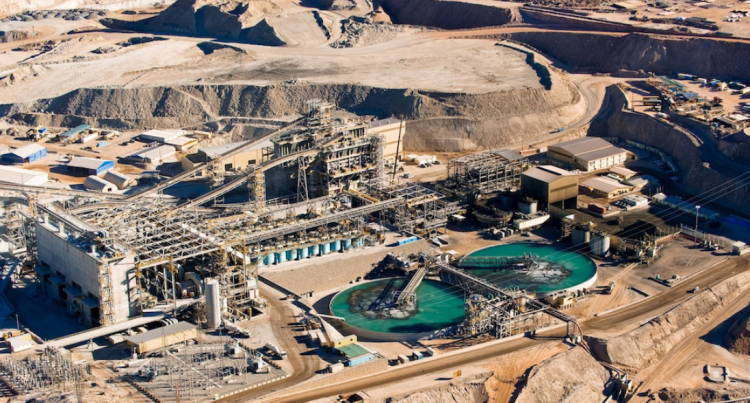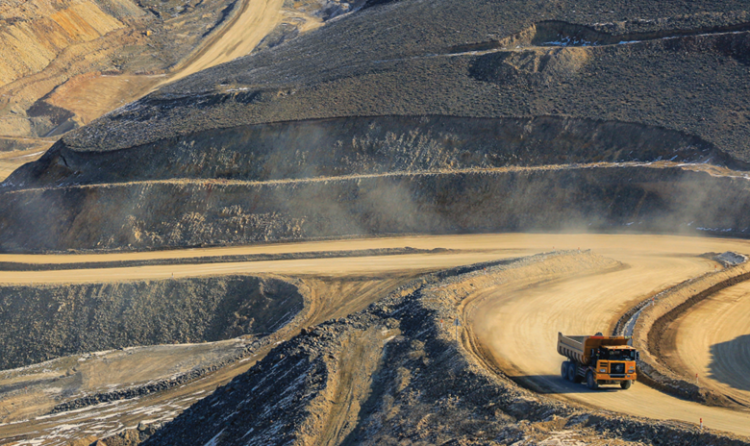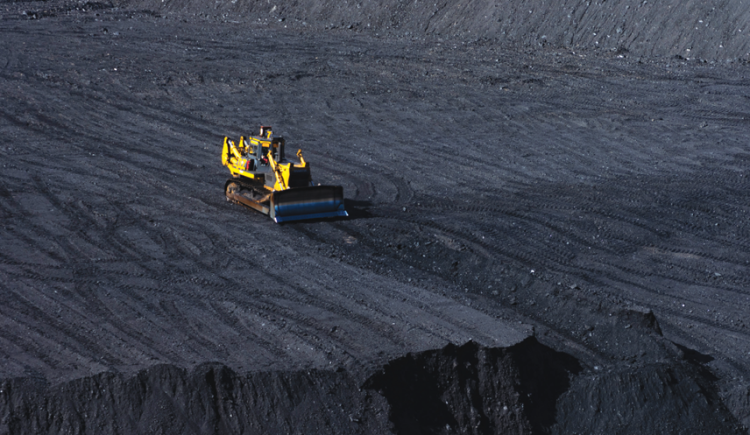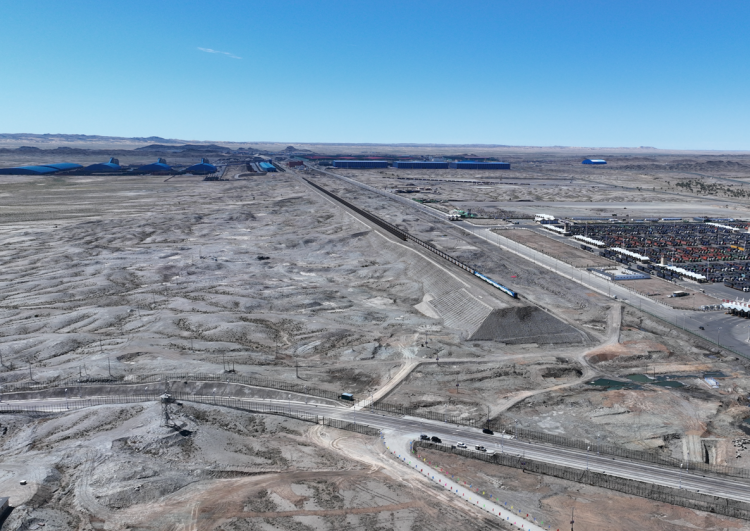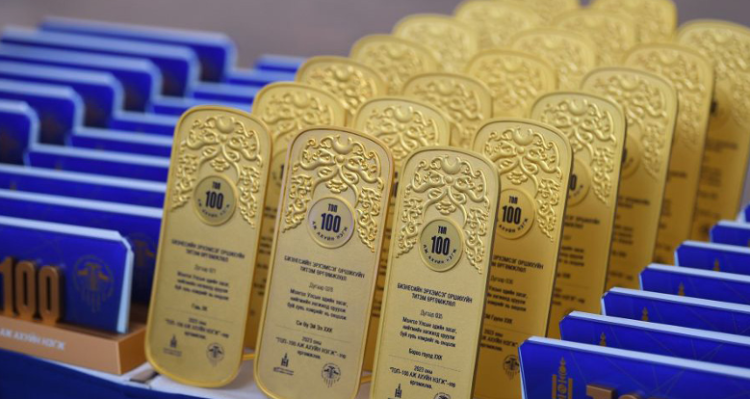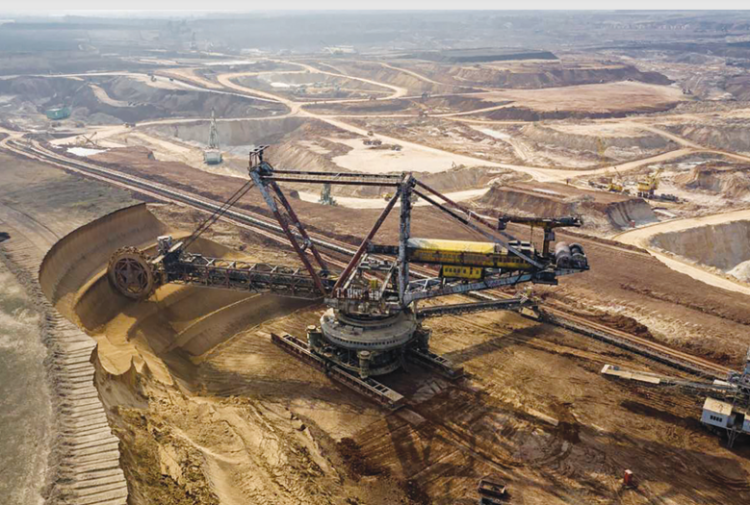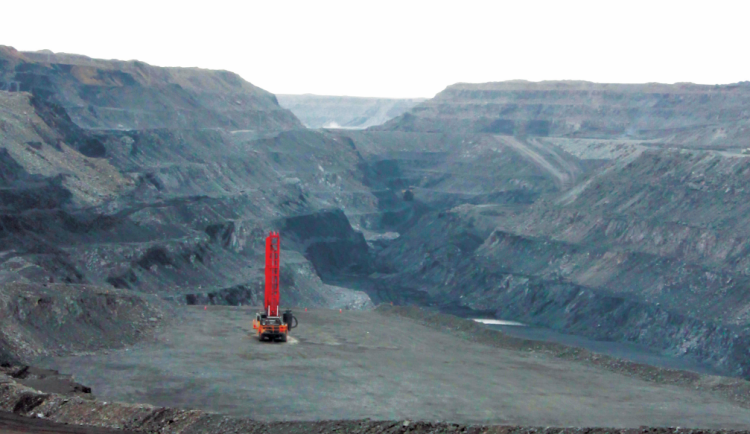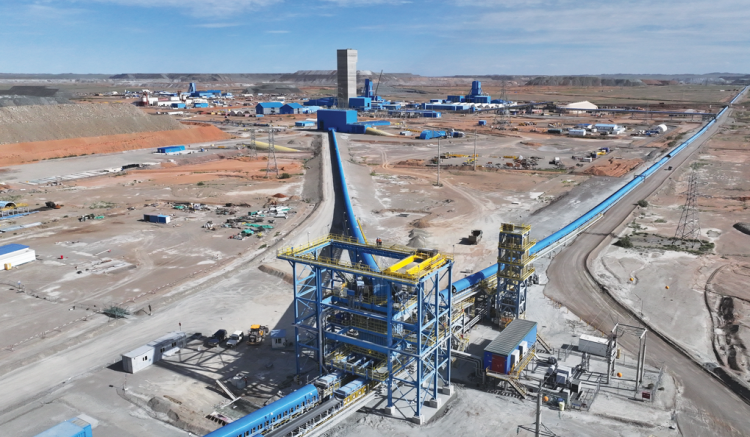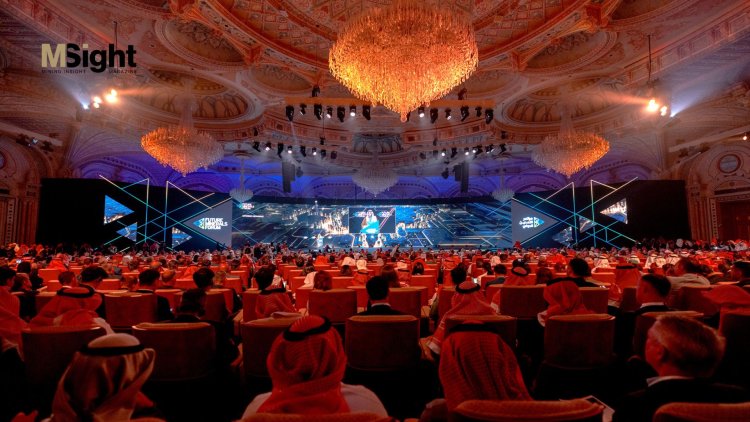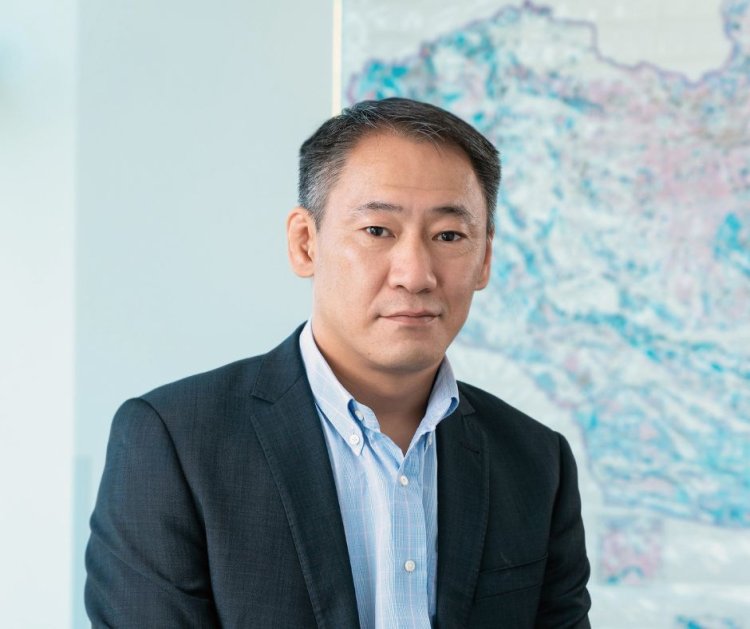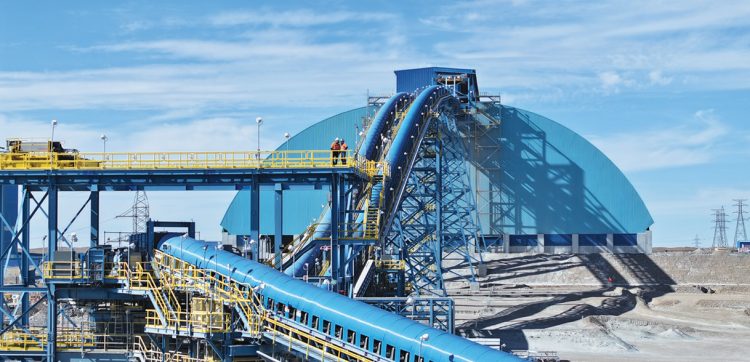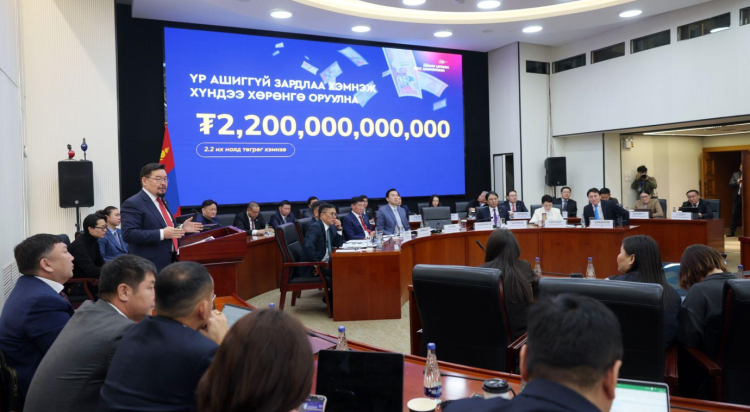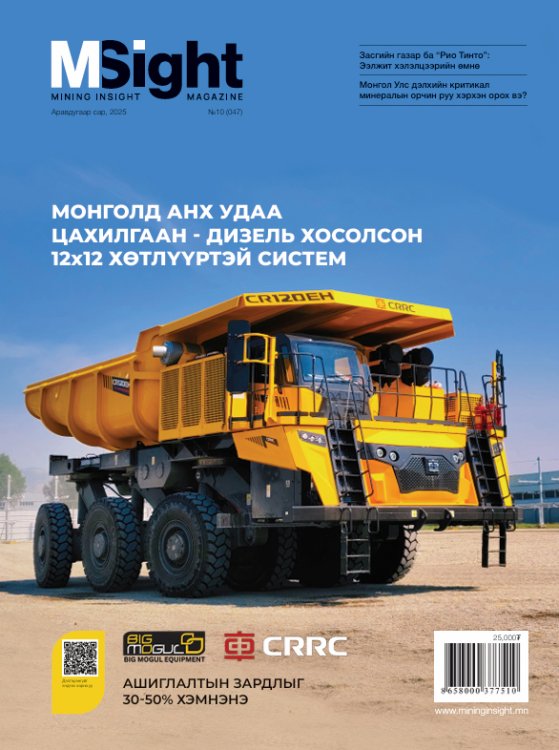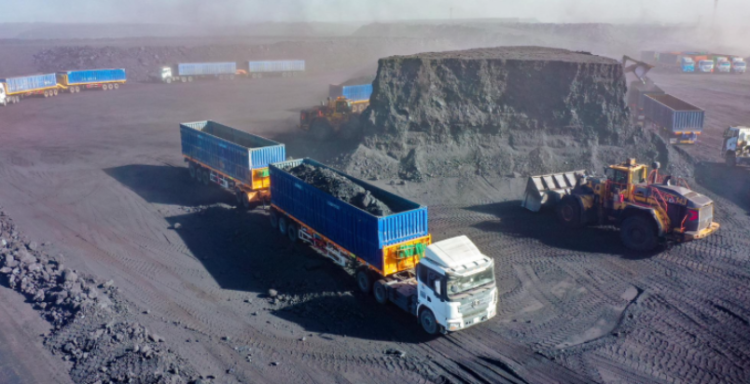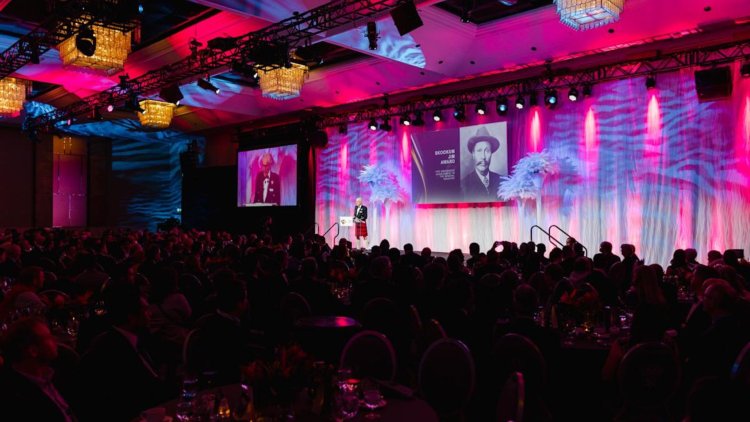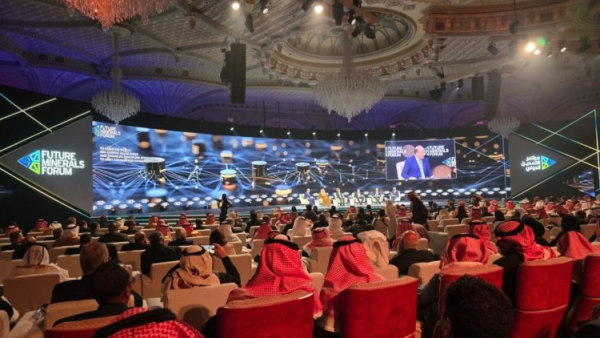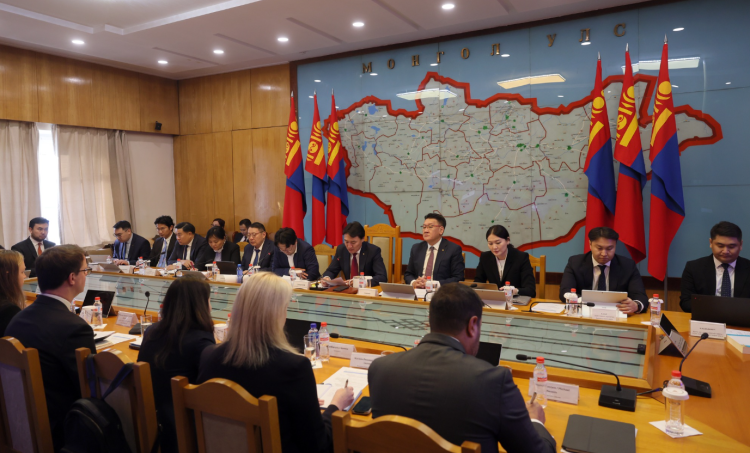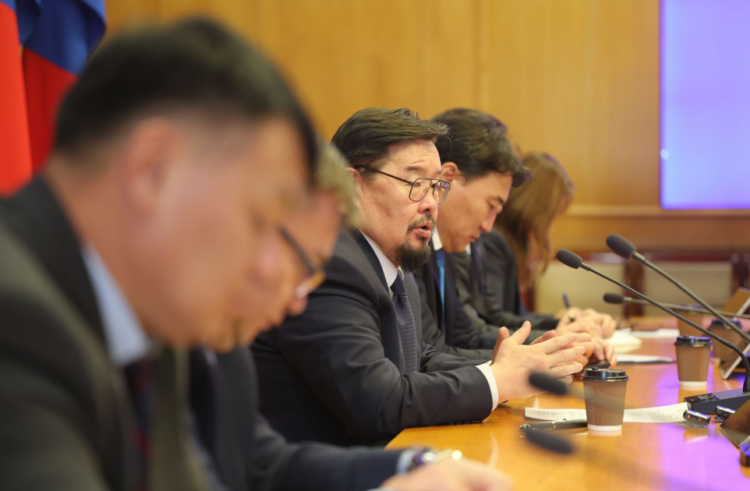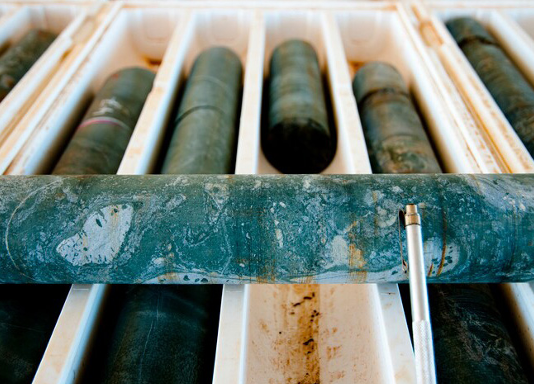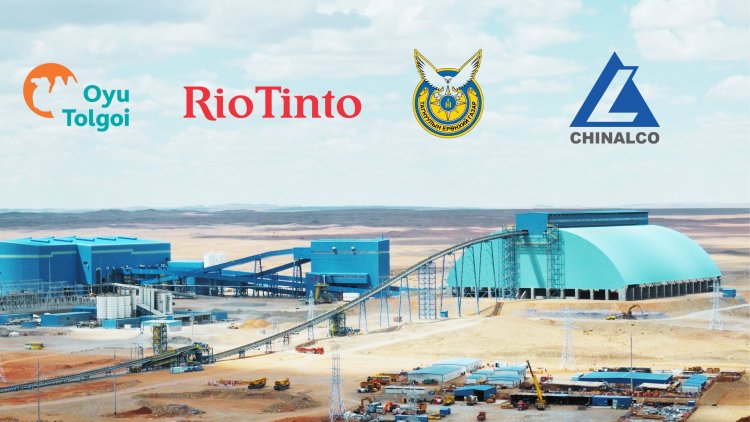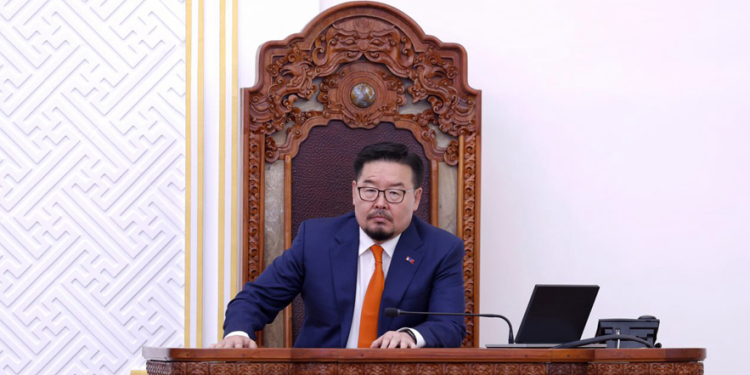Before meeting
BATBOLD.O
Prime Minister L.Oyun-Erdene, during his official visit to Germany on October 12-15, 2022, discussed several topics, including the joint processing of minerals and rare earth elements. In the first half of 2023, Germany is scheduled to make a return visit in this direction. At such a time, it is important to understand what Mongolia has proposed and hopes to cooperate with.
"Mineral Partnership" between Germany and Mongolia
In 2010, Germany developed a strategic policy for minerals and raw materials to ensure the reliability of the supply. Under this strategy, Mongolia was one of the countries that decided to establish a partnership agreement with a few countries with natural resources. In October 2011, German Chancellor Angela Merkel paid her first visit to Mongolia and signed an agreement on "cooperation in the field of minerals, industry, and technology". This agreement was signed by the Government of Germany for the first time with the Government of Mongolia. Later on, the country signed similar contracts with Kazakhstan and Peru. Also, a Memorandum of Understanding on cooperation in the mining sector has been established with Australia, Chile, and Canada.
In the above agreement, the sides agreed to deepen mutually beneficial and complementary economic relations using the advantages and development resources of both countries, such as natural resources from Mongolia and advanced technology from Germany. The much-anticipated agreement opened up new opportunities for the companies of the two countries to cooperate in the research, extraction, use, and processing of minerals, which are important as it creates conditions for a new level of dialogue.
During the negotiations, the construction of a coal liquefaction plant and cooperation in rare earth elements and renewable energy were discussed between the companies of the two countries. In the following years after the agreement was signed, the sides continued active discussions. An example is the long-term contract for the supply of copper concentrates signed by a Mongolian company “Mongolyn Alt” (MAK) with the German company Aurubis in 2015.
The Government of Germany gave a guarantee to MAK, and the conditions for the investment necessary for the copper-molybdenum Tsagaan Suvarga project were settled. Among the issues included in the agreement, there is a clause that would provide financial support from the German side if certain raw materials are supplied from Mongolia to German factories. The agreement paved the way for the German government to issue a guarantee and finance based on the guarantee if certain conditions are met. MAK and Aurubis saw this opportunity. However, the mentioned projects were not realized.
Although the relevant documents have been signed, the implementation came to a halt due to market and infrastructure conditions. Also, due to changes in the legal framework and policy decisions, some activities have been halted. Although private sector relations did not develop as expected, the minutes of the meeting at Bundestag on February 17, 2020, shows that, within the framework of development cooperation, more projects and programs would be implemented in strengthening the mineral resources policy and human resources of Mongolia. Therefore, the partnership agreement was not ineffective.
During the Minerals Congress held in Berlin on October 20, Peter Buchholz, Head of the German Mineral Resources Agency, confirmed his position. First of all, the cooperation of the private sector could not take place effectively due to the lack of exploration and mining companies in Germany. On the other hand, he said that one of the reasons for the failure to establish a trust-based business relationship is the instability of Mongolia's legal environment in investment, licensing, permission to foreign investors, and instability in the selection process.
Germany's new strategy on minerals demand
On January 15, 2020, the German government approved its second Minerals Strategy. Along with this policy to support companies to secure a reliable and responsible supply of minerals, an action plan was adopted to improve the competitiveness of the German industrial sector and the economic use of primary commodities. The strategy also aims at reducing risks, as mining operations pose a potential risk not only to the environment but also to human rights. Most notably, the German government confirmed that it will cooperate with the Mineral Partnership countries to meet the growing demand for minerals, such as the key raw materials for new technology (e.g. Lithium, Cobalt, Rare-earth elements, Tantal, Magnesium, and Titanium). German policy is more in line with the rising situation of the war.
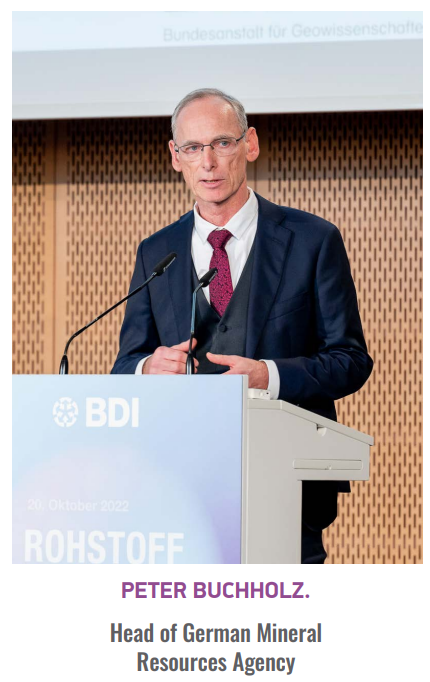
Since the beginning of the Russian-Ukrainian war, Germany has faced a shortage of natural gas, thus, the country has been actively seeking to reduce dependence on a few countries for the import of raw materials. As of today, Germany is dependent on China for various types of minerals and raw materials, especially for rare elements, which amount to 80-90 percent of total consumption.
At the opening of the mineral congress, Federal Minister for Economic Affairs and Climate Action Robert Habeck said that Germany is actively working to correct the natural gas mistake it made with Russia, and Franziska Brantner, Parliamentary State Secretary at the Ministry, said that the country will follow a new trade strategy to meet its mineral demands, and informed that the government is prioritizing processing industry in countries carrying out mining activities and to provide further supports.
In addition, Germany is focusing on two directions: firstly, to update the Minerals Law to revive domestic mining, and secondly, on recycling raw materials. The German government and the private sector are united in their efforts not to lose their leading position in the world with "Made in Germany" industrialization in the changing conditions caused by digitization, climate change, epidemics, and wars. A clear indication of this is that the government is actively making foreign visits to diversify and increase its mineral resources, and the private sector is rapidly initiating internal changes to adapt to the new conditions they are facing. During Chancellor Olaf Scholtz's visit to Canada in August this year, Volkswagen and Mercedes-Benz signed an agreement to purchase lithium, cobalt, and nickel, the key commodities for the manufacturing of electric car batteries. According to a press release issued by Mercedes-Benz on October 20, the company has signed an agreement to receive an average of 10,000 tonnes per year (which is equivalent to the production of 150,000 electric cars per year) of lithium hydroxide from a Canadian company Rock Tech Lithium. Under this agreement, a GermanCanadian joint venture will be established in Gubin, Germany, and the plant will be built in 2024 and put into operation in 2026, to produce 24,000 tonnes of processed lithium annually. Extraction, transportation, and processing stages will be carried out under IRMA standards for responsible mining. Also, the German government issued a 5-year loan guarantee of USD 800 million to a mining company Trafigura last October to purchase up to 500,000 tonnes of non-ferrous metals such as aluminum and copper in the next five years, showing the fact that the country is attempting to ensure the supply of commodities.
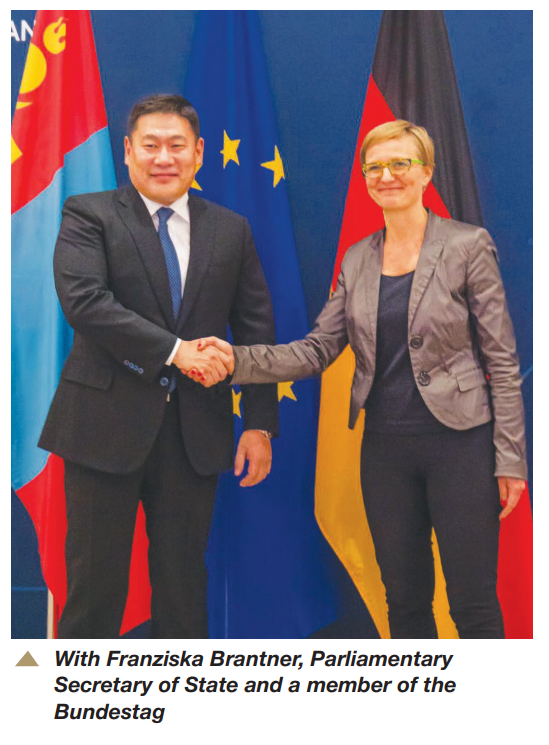
On October 21, according to the Ntv website, Parliamentary State Secretary Franziska Brantner said, "Of course, German companies will not turn to mine operations over this change. They must secure their mineral sources by signing an offtake contract or investing in a mining project and participating in the development process. We are offering companies to take part in the project from the beginning. By being involved from the beginning, they can be involved in the decision-making process on where to supply the final products. Junior-Mining or exploration activities are also being offered to these companies.” Roland Harings, executive director of the German copper processing company Aurubis, criticized the government for slow actions in guaranteeing financial and political risks to the initiatives of companies participating in mining projects and warned that quick action is necessary for the future. In addition to export and investment guarantees from the German Bank for Reconstruction, credit financing for mining projects remains crucial.
According to the latest information, Franziska Brantner presented her new plan related to financing at the Bundestag on October 21. In addition to private and public funding, a wide range of grants and loan guarantees will support mineral extraction, processing, and recycling. It can be in the form of a fund, and the fund will be operated jointly with the member states of the European Union, including France.
Future opportunities
According to Franziska Brantner, the country is starting a cooperation with Chile on the diversification of the supply of natural resources.
Franziska Brantner will visit Vietnam, South Africa, Algeria, and Mongolia shortly. The visit to Mongolia is scheduled for June 2023, and the Mining Insight magazine will have an interview with her in April.
Sven-Uwe Schulz, deputy head of the German Mineral Resources Agency, mentioned that it is possible to expand more active cooperation with countries that have established mineral partnerships and are connected by democratic values. He said that it is possible to establish active relations with democratic countries such as Canada, Australia, Chile, and Mongolia.
At the same time, Mongolia is focusing on creating a legal framework for the economic mechanism and laws to support the search for new minerals, raw materials, or critical minerals, the demand for which has been stimulated by the energy transition and technological revolution.
This is the starting point for the dynamic development of the two countries' agreement on cooperation in minerals, industry, and technology. This is further confirmed by the second Mineral Strategy adopted by the German Government in 2020 and the new trade strategy for its post-war mineral needs. Also, the new funding initiative mentioned by Franziska Brantner at the Bundestag session on October 21 will certainly stimulate the mineral relations of the private companies of the two countries. This condition, which coincides with Germany's desire to develop other sectors of the economy based on its natural resources, and the need to diversify its raw materials, opens up the possibility of deepening cooperation in the mineral sector in a new context.
The significance of the agreement on "cooperation in the field of minerals, industry, and technology" is set out more clearly. Therefore, the sides seek to make deliberate and practical efforts from both sides to use the resources in the framework of the agreement and to implement efficient cooperation and projects.
Mining Insight Magazine, November 2022



